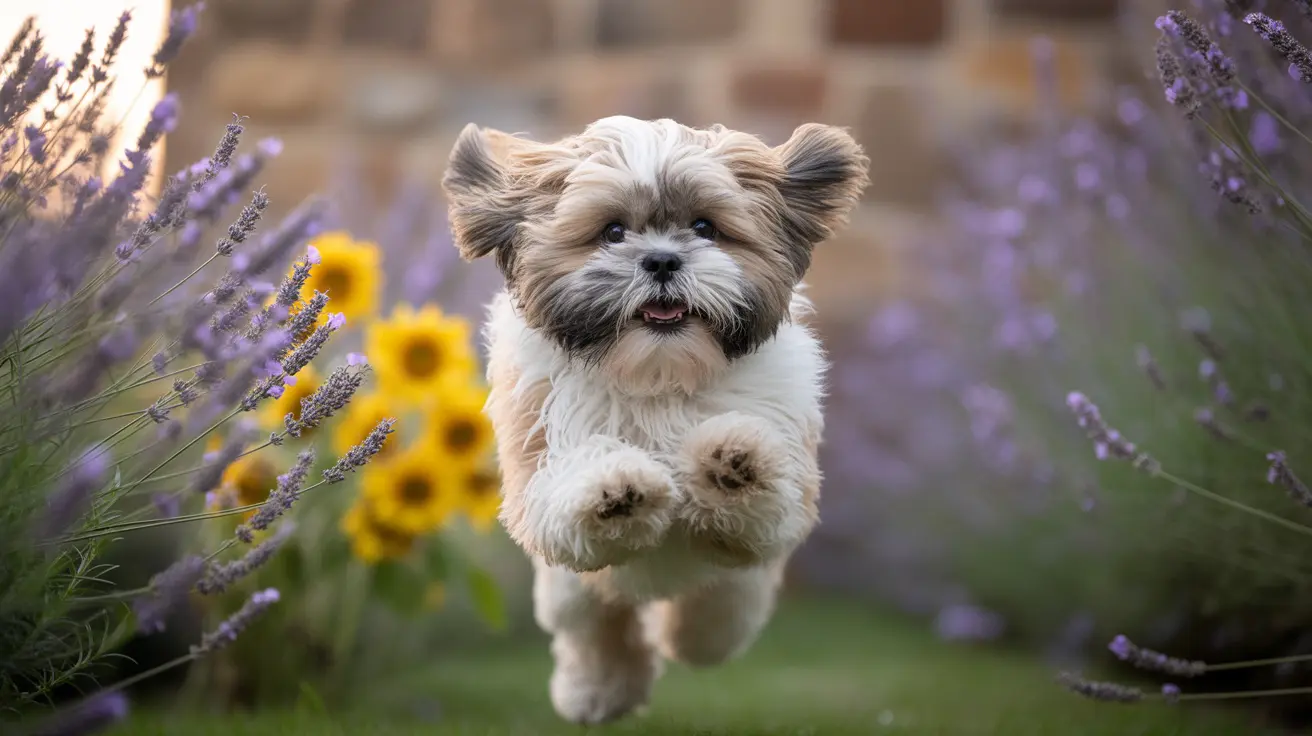If you've ever noticed your dog's pupils dramatically expanding when they gaze at you, you're witnessing a fascinating aspect of canine physiology and behavior. This phenomenon, known as mydriasis, can occur for various reasons and often carries significant meaning in dog-human interactions.
The Science Behind Pupil Dilation in Dogs
Dogs' pupils naturally dilate and constrict to regulate the amount of light entering their eyes, similar to how a camera aperture works. However, emotional states and physiological responses can also trigger this mechanism, making pupil dilation a complex indicator of your dog's state of mind and health.
Emotional Causes of Dilated Pupils
Excitement and Affection
When your dog looks at you with those big, dilated pupils, it often indicates intense emotional engagement. This response is frequently associated with the release of oxytocin, often called the "love hormone," which plays a crucial role in bonding between dogs and their human companions.
Stress and Arousal
Dilated pupils can also signal heightened arousal or stress. In these cases, the dilation is part of the dog's sympathetic nervous system response, preparing them for potential action – whether that's play or response to perceived threats.
Medical Reasons for Pupil Dilation
Normal Physiological Responses
Dogs' pupils naturally dilate in low-light conditions to improve their vision. This response helps them navigate in darker environments and is completely normal.
Potential Health Concerns
Sometimes, dilated pupils can indicate underlying health issues:
- Glaucoma or increased eye pressure
- Neurological conditions
- Retinal diseases
- Age-related iris atrophy
- Pain or discomfort
When to Be Concerned
While pupil dilation is often normal, certain signs warrant veterinary attention:
- Pupils remaining dilated despite bright light
- One pupil larger than the other (anisocoria)
- Accompanying symptoms like eye cloudiness or pain
- Changes in behavior or vision
Frequently Asked Questions
Why do my dog's pupils get so big when they look at me?
Your dog's pupils may dilate when looking at you due to emotional excitement, affection, or heightened attention. This response is often associated with the release of oxytocin during positive social interactions.
Is it normal for dogs' pupils to stay dilated after changing light conditions?
No, persistent pupil dilation that doesn't respond to light changes may indicate an underlying health issue and should be evaluated by a veterinarian.
How can I tell if my dog's dilated pupils are a sign of a health problem?
Watch for accompanying symptoms like eye discharge, cloudiness, squinting, or changes in behavior. If pupil dilation persists or is accompanied by these signs, consult your veterinarian.
Can dilated pupils in dogs be caused by something other than eye or brain issues?
Yes, dilated pupils can be caused by emotional states, pain anywhere in the body, certain medications, or exposure to toxins.
When should I take my dog to the vet for dilated pupils?
Seek veterinary care if you notice:
- Persistent dilation that doesn't respond to light
- Uneven pupil sizes
- Signs of pain or discomfort
- Changes in vision or behavior
- Eye cloudiness or other visible eye problems






